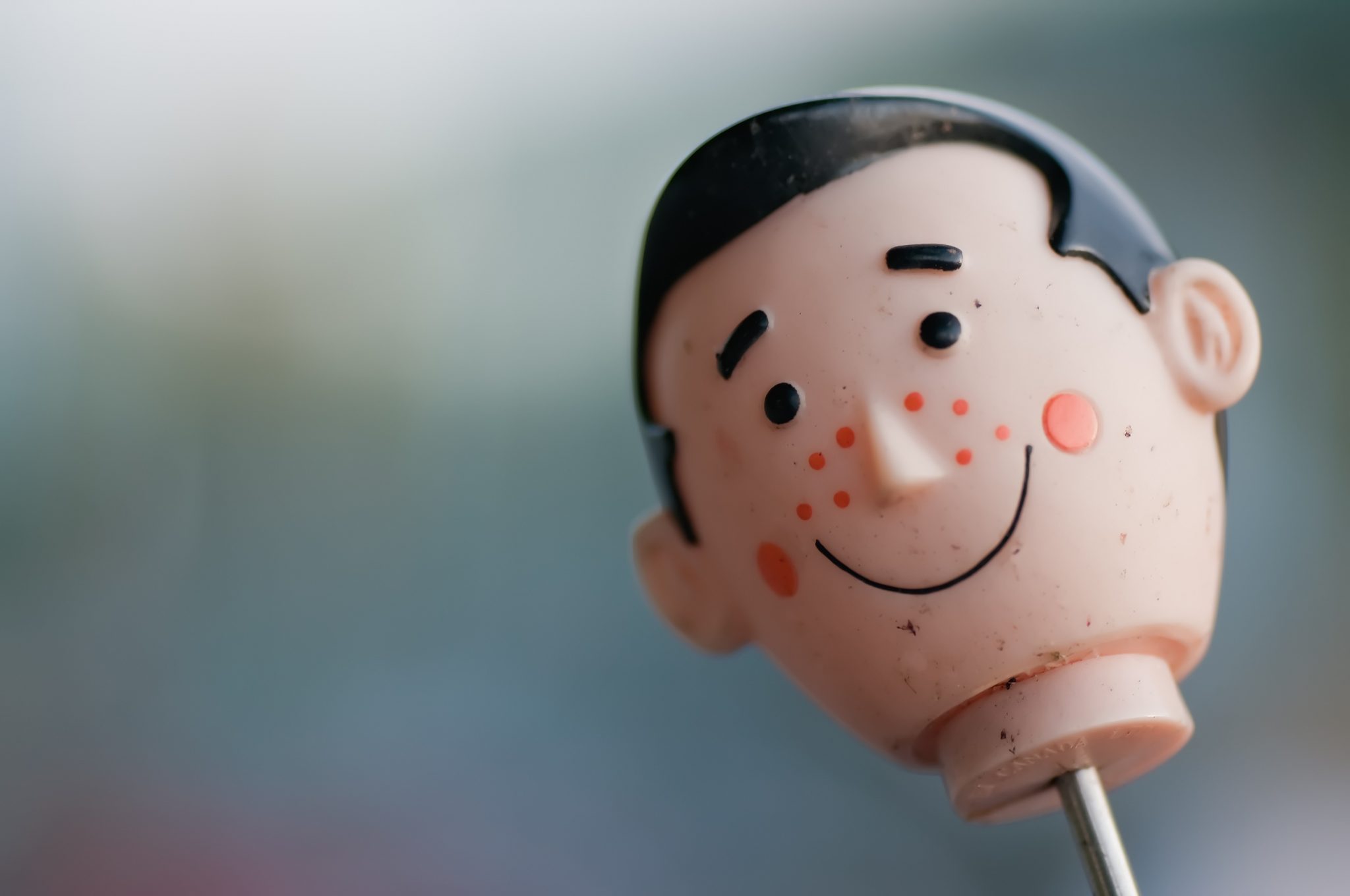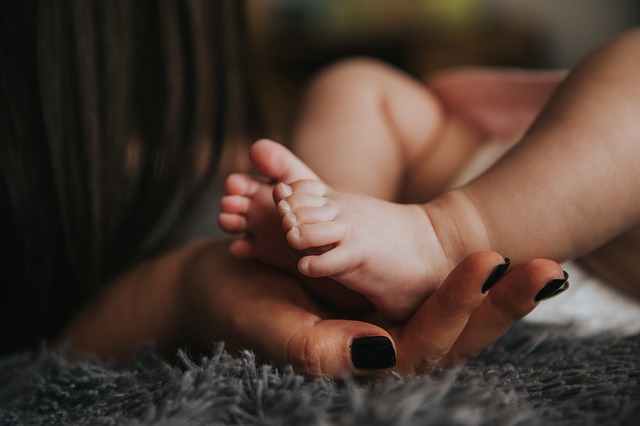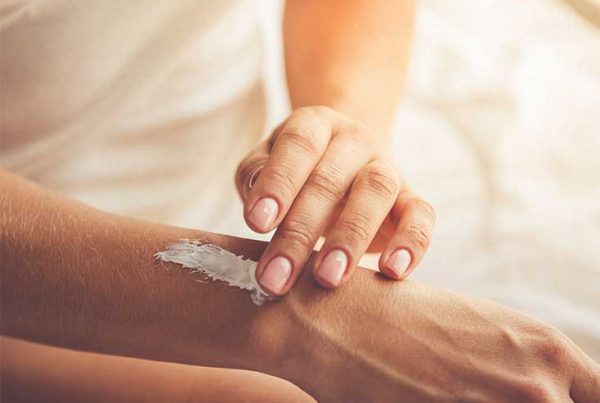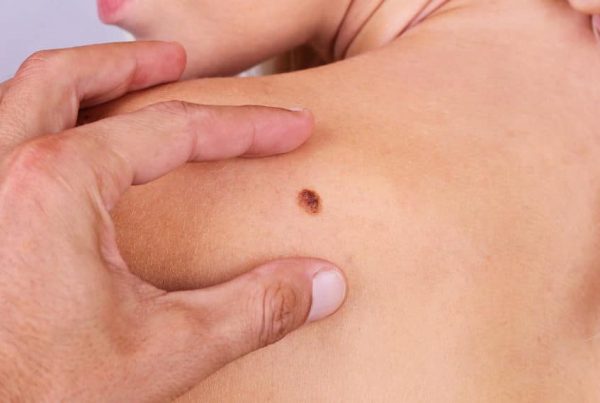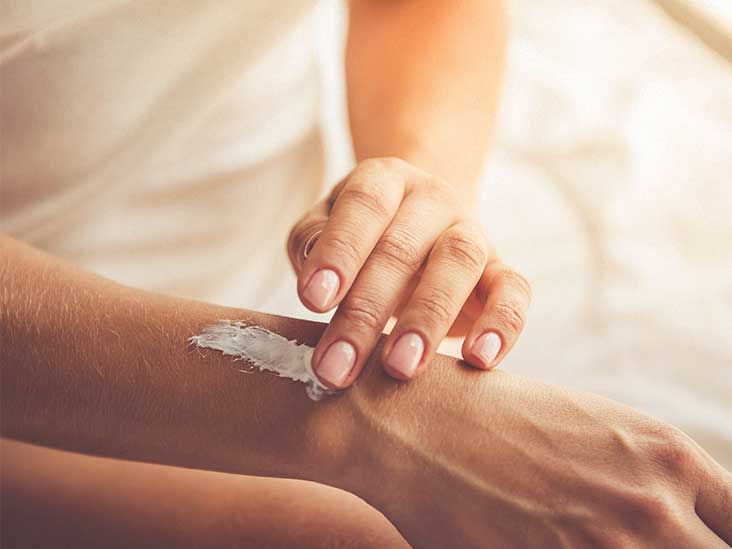
Dry skin during winter is common as the temperature and humidity levels drop. We cover up in layers and probably take less time and effort to properly look after our skin.
What causes dry skin?
Dry skin occurs when skin doesn’t retain sufficient moisture. This can happen as a result of frequent bathing, use of harsh soaps, ageing, or certain medical conditions. And for those in colder climates, it can stem from cold, dry winter air.
Cold weather, harsh winds, dry indoor heating in your home and office can leave it dry, cracked, flakey and scaly.
Here are the best ways to keep your skin hydrated during the cold months of winter:
1. Avoid hot showers
It’s tempting to have a steaming hot shower in the mornings to warm up, or at the end of the long day to wind down. But did you know this does more damage to your skin than you think? The hot temperatures can rob the skin of its moisture, causing drier, flakey skin.
Limit yourself to one 5- to 10-minute bath or shower daily. If you bathe more than that, you may strip away much of the skin’s oily layer and cause it to lose moisture. Use lukewarm rather than hot water, which can wash away natural oils.

2. Exfoliate your skin
The life cycle of your skin is approximately 90 days long, so it’s important to help get those dead skin cells off your body to make way for new, softer skin. Just be careful not to rub too harshly, or you may end up with sore, red skin –
To avoid damaging the skin, stay away from bath sponges, scrub brushes, and washcloths. If you don’t want to give them up altogether, be sure to use a light touch. For the same reason, pat or blot (don’t rub) the skin when towelling dry.
3. Use a thicker moisturiser
Thicker creams are better than thinner lotions during the winter months. Cocoa butter, shea butter, coconut oil and products that are high in lactic acid will help keep your skin moisturised for longer. Slather it on immediately after you hop out of your (not too hot) shower or bath.
4. Check the labels on your skin products
Many products contain alcohol – an ingredient known for drying out the skin. Opt for products free of parabens, sulphites and alcohol. And guys, check your labels too – there are many mens skin products out there that wont dry out your skin.
5. Use a humidifier
Bring some moisture back into the air you breathe with a humidifier. These are great at counteracting the harsh dry air that circulates throughout your home and office. Set it to around 60%, a level that should be sufficient to replenish the top layer of the skin.
6. Minimise the use of scented soaps in the shower and laundry
Soaps contain lots of ingredients that can dry out your skin. Swap your slippery bar of soap for a moisturising shower cream. If necessary, choose moisturising preparations such as Dove, Olay, and QV, or consider soap-free cleansers like Cetaphil.
Use fragrance-free laundry detergents and avoid fabric softeners.
7. Eat lots of skin friendly foods and keep up the H2O
Eat plenty of your favourite warm winter foods like soups, casseroles, and avoid foods high in sodium. Include lots of good fat foods like avocados and nuts, which also help to retain the moisture.
Don’t forget to drink tons of water and limit your intake of coffee, teas and alcohol, which are all diuretics that can cause dehydration.

8. Be aware of skin flare ups
Chronic skin conditions are more likely to flare up during the winter months with more layers of clothes added, and less breathable materials causing friction on your skin and aggravating exisiting skin issues.
Skin conditions can also flare up due to stress and cause redness and itchiness. Try meditating or practicing yoga – it will help your mind and soul, as well as keep you fit during the colder months.
Making sure you look after your skin during the cold winter months will help ensure your skin is in tip top condition for the warmer months ahead.
Want more information?
Call (03) 5611 3365 to speak to a friendly patient concierge
or book an appointment here

